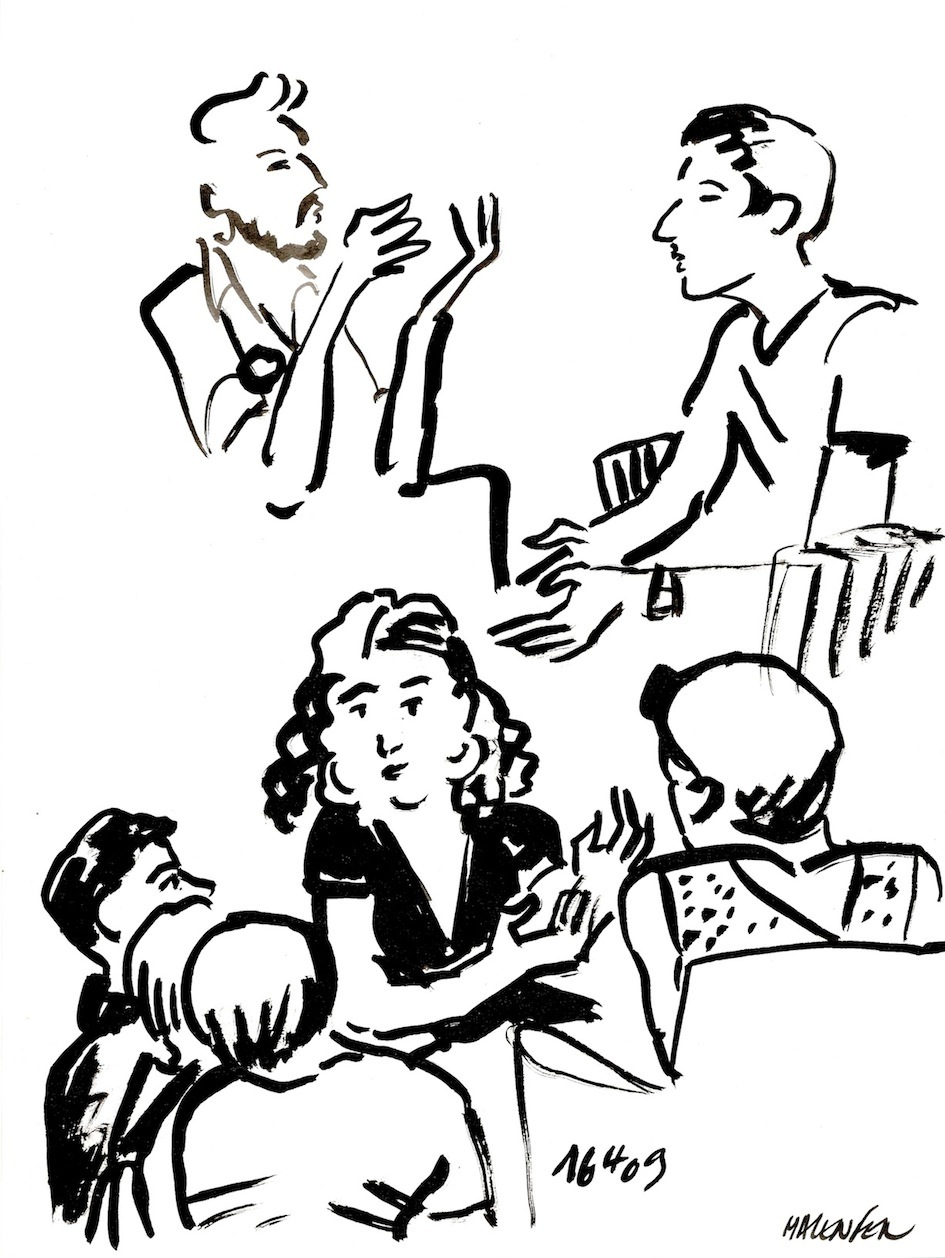
In the broadest sense, deliberative democracy refers to a democratic practice in which deliberation plays a central role, i.e. the exchange of arguments, considerations, perspectives and information and the reflection of one's own preferences and values in relation to a topic of public interest. The aim of deliberation is to make better decisions by incorporating different points of view. Deliberative democracy models can compensate for the exclusions of representative democracy to a certain extent, for example through participation opportunities for people who are not entitled to vote, but can also lead to new exclusions due to definitional power and hegemonic discourse practices.
These questions have been discussed in two COST Actions since 2018:
COST Action CA1735 "Constitution-making & deliberative democracy" (2018-2022) (Monika Mokre: member of the Management Committee and co-leader of the working group "Minority groups and constitutional deliberative democracy
COST Action: CA22149 "Research Network for Interdisciplinary Studies of Transhistorical Deliberative Democracy" (2023-2027) (Monika Mokre: Vice-Chair of the Management Committee and member of the working group "Past deliberative practices and contemporary risks"
illustration © Charlotte Henard, Flickr